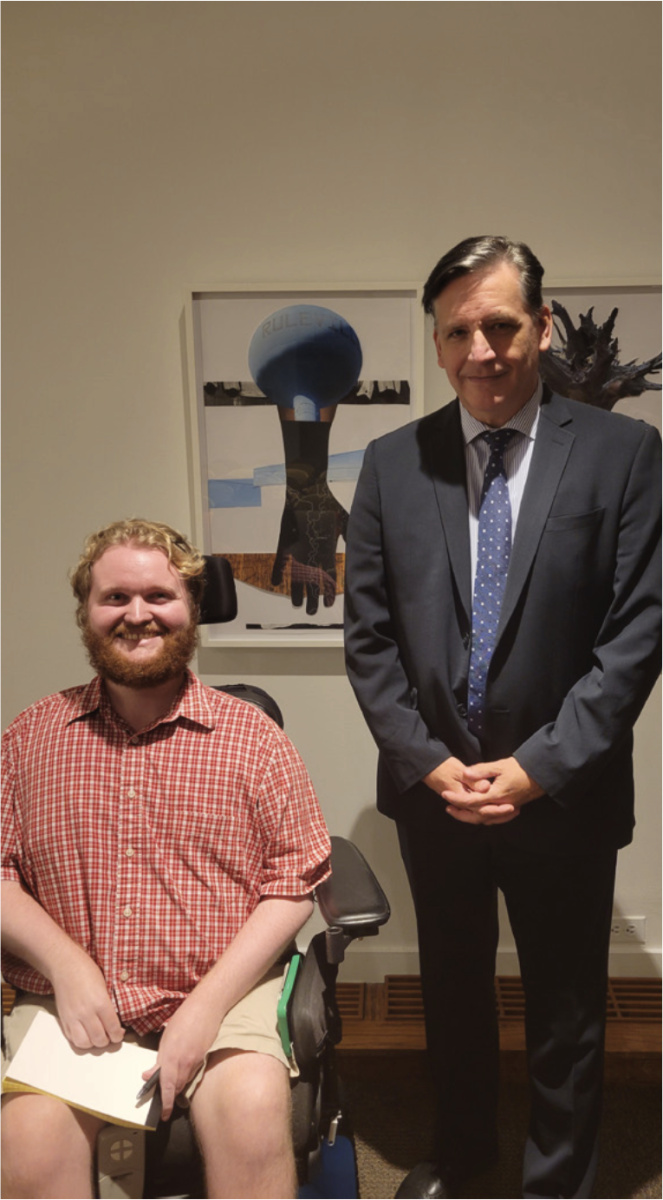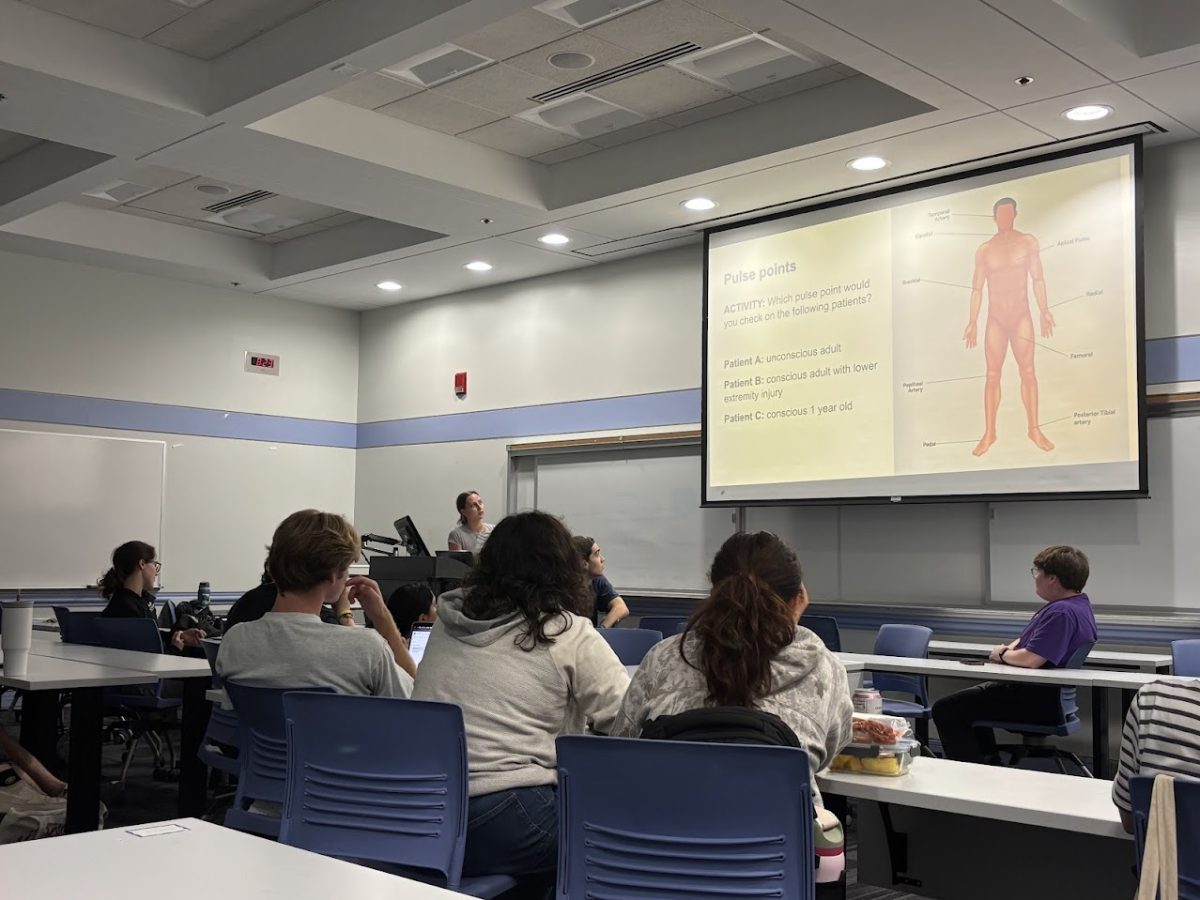According to an anonymous faculty source verified by The Scarlet, senior administrators have decided to shorten non-tenure track (NTT) professors’ contracts from three years to one year.
“It is not associate professors as a whole whose contracts are being shortened to one year, but specifically NNT faculty in the following categories: Professors of Practice, Teaching Professors, and Research Professors,” the faculty member told The Scarlet over email.
In academia, professors can be sorted into either a tenure track or a non-tenure track. Tenured professors have a permanent position at their university, which affords them academic freedom, job security, and guaranteed protections. Tenure allows professors to pursue scholarly research and present opinions without fear of censorship or termination. It also protects professors from being laid off or fired, except in cases of misconduct.
Tenured professors consist of assistant, associate, and full-time professors. According to the faculty member, after a six-year probationary period, professors can be up for tenure and promoted from assistant professor to associate professor.
Non-tenure-track professors, such as Teaching, Research Professors, and Professors of Practice, do not have such protections.
“At Clark, these professors have historically been on three-year contracts, followed by six-year contracts after the twelfth year, but they are not eligible for tenure,” the faculty member explained.
Furthermore, Visiting and Assistant Professors have one-year contracts that can be renewed, while Adjunct and Part-time Professors are hired and paid around $5,500 per class.
This phenomenon is not unique to Clark, however. According to a report done by the American Association of University Professors, the number of tenured and tenure-track faculty has declined, while the number of non-tenure track and part-time faculty has increased nationally.
The Scarlet also spoke to Professor Ousmane Power-Greene of the History Department. Power-Greene analyzed the possible reasons behind this change.
“Over the last few years, senior administration have pointed out that, overall, fewer students are enrolling in university,” Power-Greene explained. “Clark University is a tuition-driven university. Most private universities rely heavily on tuition. If we have fewer students enrolled, that means less of an operating budget.”
“The talk about cost-cutting measures was something that has been discussed at faculty assemblies going back to last year,” Power-Greene said. However, he notes senior administration also discussed this issue at the most recent faculty meeting.
“These faculty are being put in positions where they are asked to sign one-year contracts,” Power-Greene continued. “This to them is a massive insult as they see it as a lack of commitment. There have definitely been fire and brimstone moments over the past few years.”
While Power-Greene is a tenured professor, he says that this change “always affects all of us.”
“Non-tenured professors are essential to our community,” he stated. “They provide insights, ideas for making Clark better, and they bring very specific skills that oftentimes the tenure track faculty do not have. We see them as essential to the success of us being able to provide students with an education that lives up to Clark’s expectations.”
“What is striking about the administration’s choice to replace the three- and six-year contracts of continuing NTTs with one-year contracts is that it deepens these inequities, further erodes academic freedom, and sets a precedent that will be very difficult to revert,” the anonymous faculty member added. “Whether or not NTTs are renewed next year will be directly tied to Clark’s financial health, not to their performance as researchers and educators. Some of Clark students’ most beloved professors fall into these contingent categories.”
“The debate is not about tenure, but about value,” Power-Greene added. “This decision feels to faculty like the senior administration doesn’t have as much value in non-tenure track faculty. Announcing this mid-year is seen as being not the best process.”
According to the anonymous faculty member, a group of non-tenure-track professors sent a letter to the administration on February 10.
“Since this letter was released, several NTT faculty up for reappointment this year have received one-year contracts instead of the expected three-year contracts,” the faculty member said.
In response to the change in contract length, several departments have circulated statements declaring their support for their NTT colleagues and keeping the NTT contracts at three years. The tenured faculty of the Biology Department and the Department of Language and Culture have issued statements voicing their concern regarding the new NTT contracts, citing the contributions that NTT faculty make in the Clark community.
The Scarlet contacted the Office of the Provost for a comment. Provost Magee stated that he needed to confer with Jill Friedman, Clark’s Vice President of Marketing and Communications. After one week and a follow-up email, The Scarlet has not received a reply.






